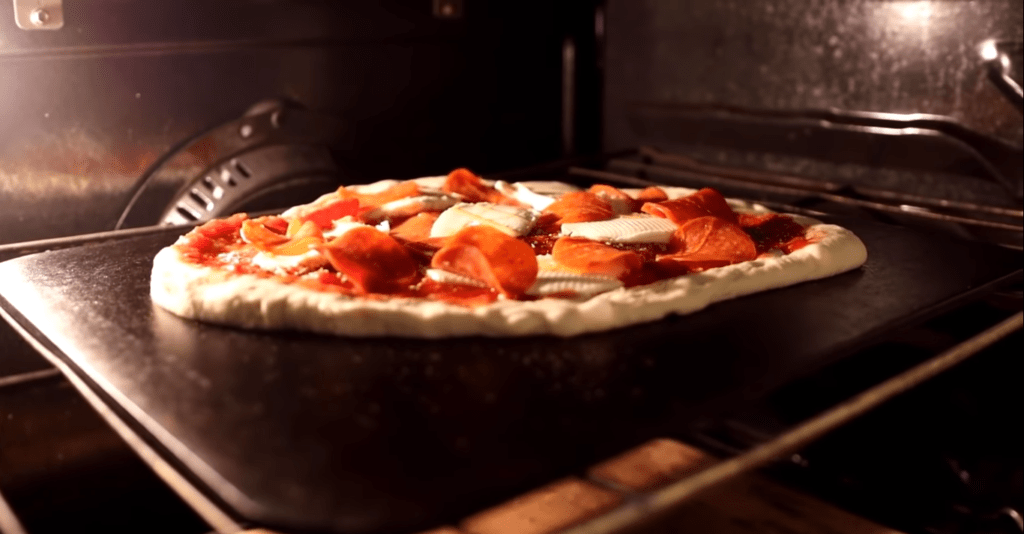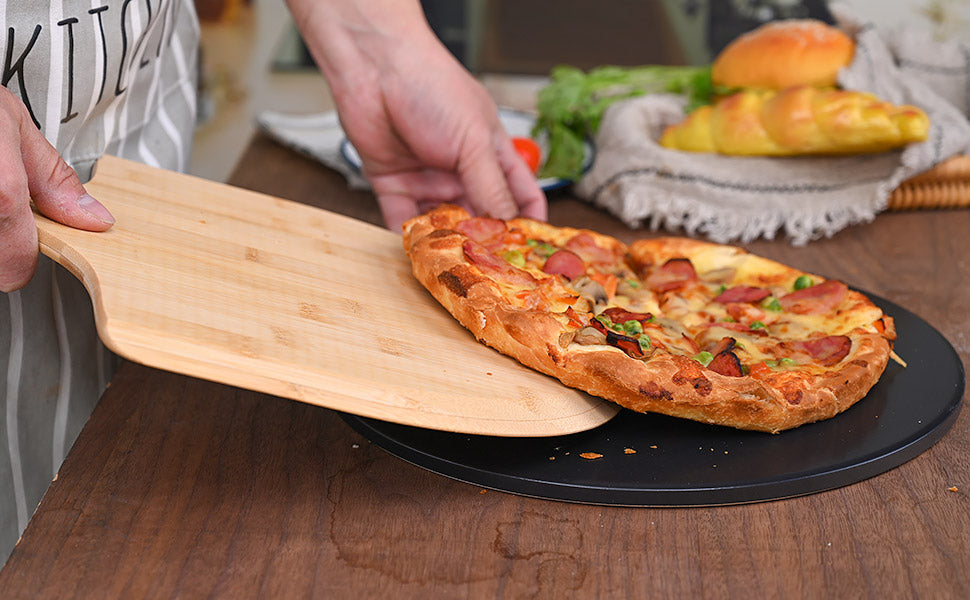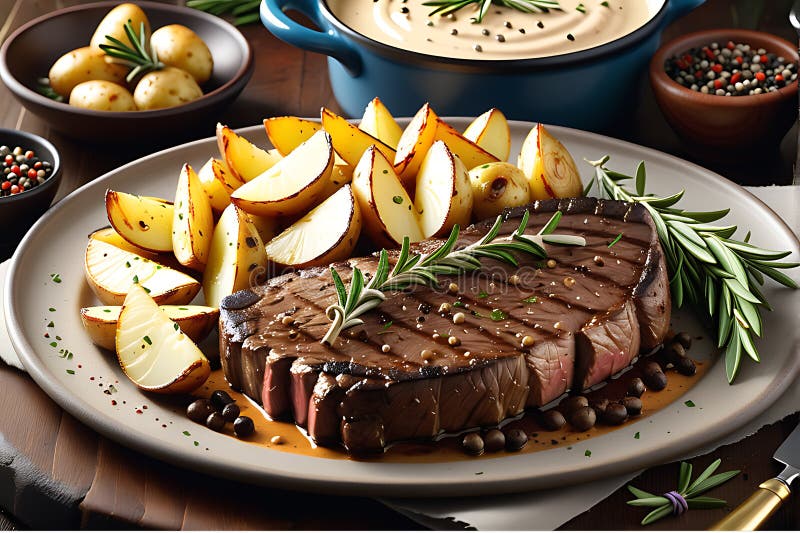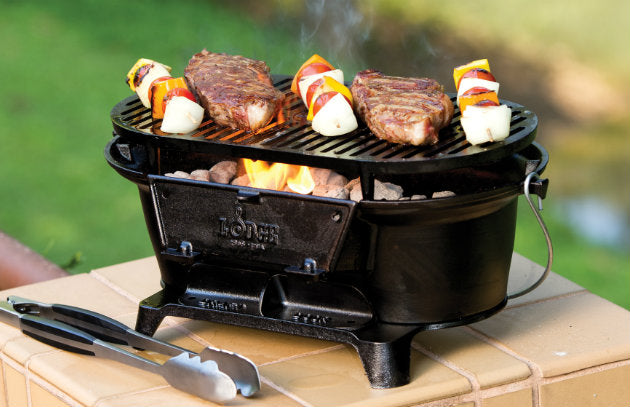In the culinary realm, the discussion around baking stone vs fire bricks fascinates many chefs and home bakers striving for the perfect bake. Both of these essential tools play crucial roles in maintaining consistent heat and achieving that coveted crispy crustkey for any successful baking endeavor. Grasping the differences between these baking aids can elevate your skills significantly.

What Are Baking Stones?
Baking stones, commonly referred to as pizza stones, are typically crafted from materials like ceramic or cordierite. They are designed to replicate the even heat distribution found in professional ovens, making them a favorite for many bakers. Their porous nature not only absorbs moisture from the dough but also helps create that perfectly crisp crust. For an in-depth understanding of how to use these stones effectively, check out this informative guide.
Exploring Fire Bricks: A Heat-Resistant Alternative
On the flip side, fire bricks are made from refractory materials and are often utilized in ovens and grills due to their capability to withstand extremely high temperatures. This makes them an excellent choice for baking environments that require intense, direct heat, making them perfect for professionals who value durability and versatility.
Benefits of Baking Stones
1. Heat Retention: Baking stones excel in maintaining thermal mass, ensuring an even baking temperature throughout the entire process.
2. Moisture Absorption: Their ability to soak up moisture from the dough is crucial for that delectable crispy finish we all strive for.
3. Versatility: Beyond just pizzas, baking stones can accommodate a variety of baked goods, including breads and pastries, and even roasting vegetables. Discover more about their versatility in this helpful article.
Advantages of Fire Bricks
1. High Temperature Tolerance: Fire bricks can withstand much higher temperatures than most baking stones.
2. Durability: They exhibit greater resistance to thermal shock, which means they can last longer when properly cared for.
3. Cost-Effective: Fire bricks are often more affordable than premium baking stones, making them a practical choice.
Selecting the Best Tool for Your Kitchen
The decision between baking stone vs fire bricks largely depends on your baking style and preferences. If youre into high-temperature bakesas is common in professional pizza ovensfire bricks may serve you best. However, if versatility is what youre after, and you primarily work with a conventional kitchen oven, a baking stone could be your better option.
Both have unique advantages that can truly transform your baking experience, but they come with their own set of limitations. Understanding these aspects can guide you in choosing the ideal tool for your cooking adventures. Dive deeper into their unique functionalities with this helpful guide.
Maintenance: Essential Care for Your Baking Tools
No matter which tool you choose, maintenance is key. Regular cleaning and careful handling to avoid drastic temperature changes are vital to prevent cracking and ensure longevity.
:max_bytes(150000):strip_icc()/pizza-stone-testing-winners-lodge-pre-seasoned-cast-iron-baking-pan-wdickey-3-02-a8dc06f53f5d4be89d55a499294de19b.jpg)
FAQ Section
Q1: What can be prepared using a baking stone?
A1: Baking stones are incredibly versatile and can be used for many dishes beyond just pizzas, such as breads, pastries, and roasted vegetables.
Q2: How do you clean and maintain a baking stone?
A2: To clean a baking stone, scrape off any residue, wipe with a damp cloth, and avoid soap to keep its porous surface intact.
Q3: Can fire bricks be used in standard kitchen ovens?
A3: While fire bricks are designed for high-heat settings, they can be utilized in regular ovens with careful temperature management.
This article contains affiliate links. We may earn a commission at no extra cost to you.






Leave a comment
This site is protected by hCaptcha and the hCaptcha Privacy Policy and Terms of Service apply.